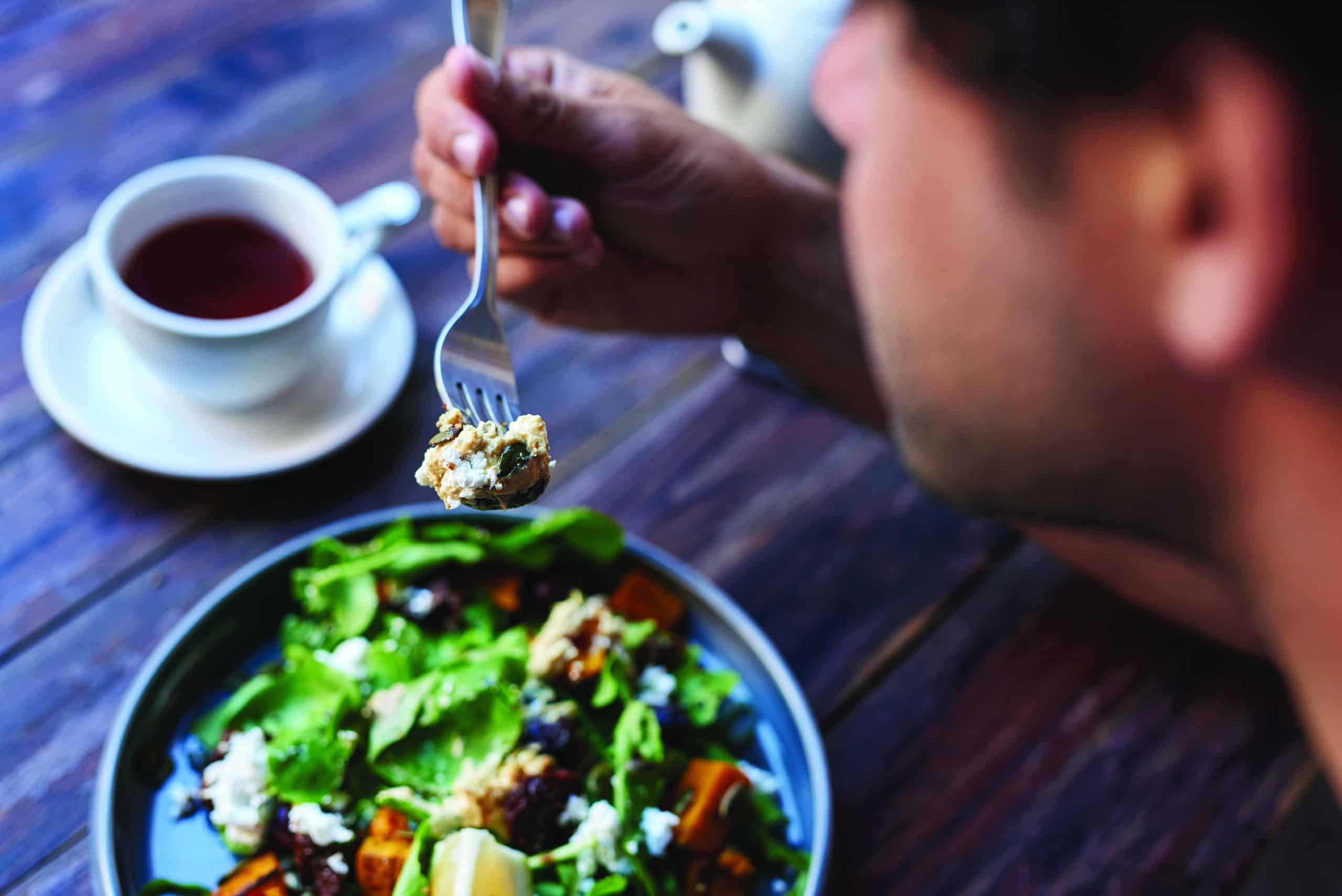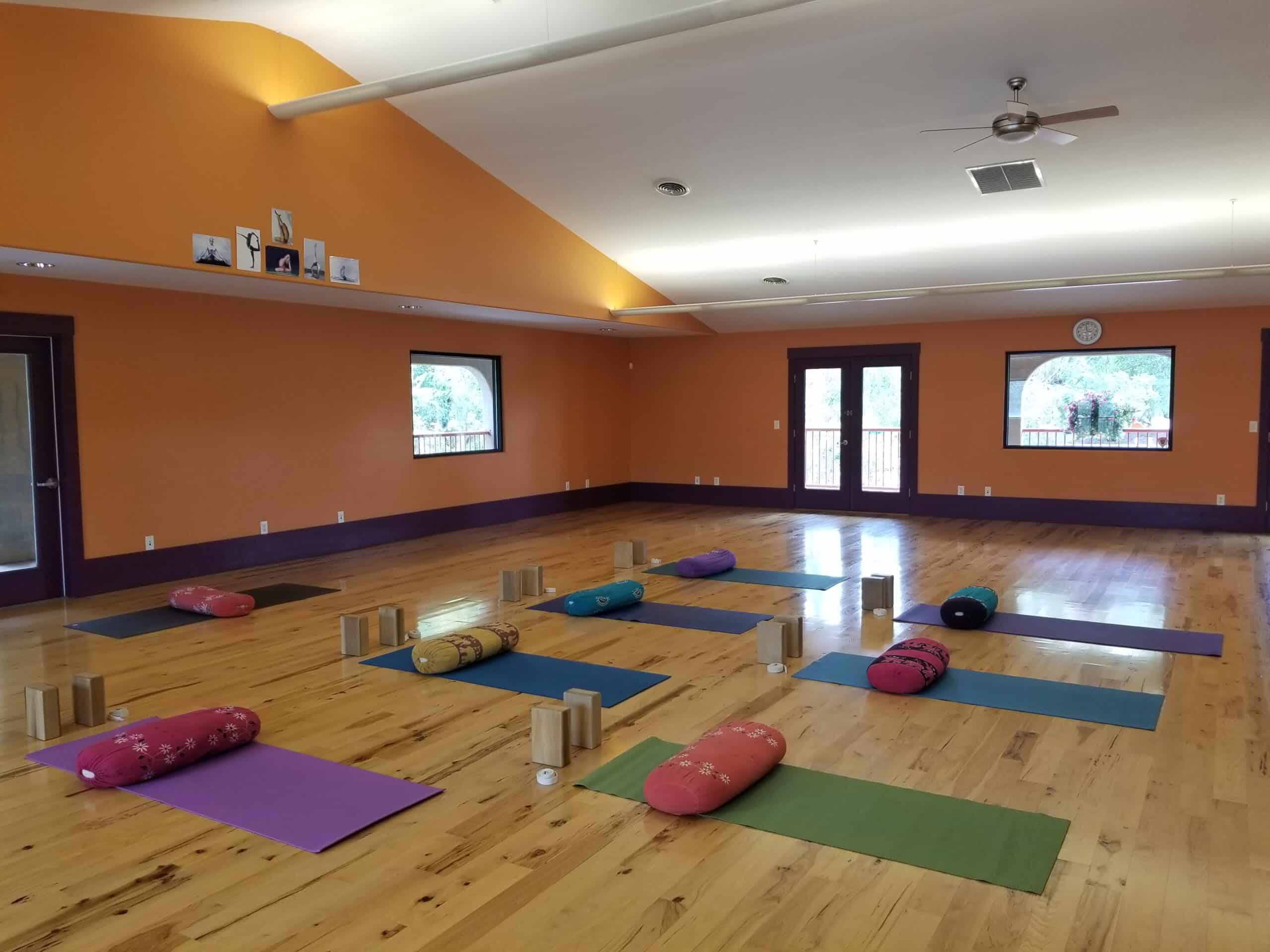Evolve Your Relationship with Food — Tips for Mindful Eating Practices
Our relationship with food is as important to our nutrition as what we put in our bodies. Dianne Koehler, director of the Nutrition Therapy Institute, points out that being in a state of union with food means having intention in the food choices we make — whether, in a particular moment, we choose to eat for nutrition and health purposes, for social and environmental purposes or a variety of other reasons.
Amber Stevens, mindful eating coach and owner of Boundless Body and Wellness in Arvada, Colorado, explains, “By practicing mindfulness when you eat, you are eating with awareness, which is truly the first step to understanding your relationship with food. Over the years, we learn new ways of eating — either in a rush due to job and life demands — or emotionally, in an effort to cope and to feel better, and many other reasons to eat in between. By practicing mindfulness, we can observe these habits and understand where our food relationships may be broken — creating feelings of shame, guilt, disgust, dislike and more.”
Mindful eating is not a one-size-fits-all diet; mindful eaters recognize that every body is unique and requires a specialized diet to satisfy their nutritional needs. They prioritize foods and eating habits that make them feel confident and at ease (not controlled by or scared of food).
HOW TO MAKE YOUR EATING MORE MINDFUL
Why are you eating? As Stevens points out, our bodies’ amazing systems are designed for survival; they will tell us we need food (energy) when our fight-or-flight system perceives physical danger, and they will also tell us we need food — fat and sugar — to stimulate happy
hormones. “[This] means we can eat for different kinds of reasons, some that are supportive and others that create disordered eating,” Stevens says.
Before you eat, ask yourself why you’re putting this food in your body. Perhaps it’s for social reasons — at the movie theater, for example, when you’re not hungry, but you simply want popcorn to accompany your movie. Or, maybe eating a nutritious breakfast consisting of protein, fat and carbs, because you haven’t eaten for 12 hours and need fuel for your day. Remember, both are okay and neither is wrong.
The goal here is to be able to answer the question not judge the reason.
Where are you eating? Koehler emphasizes the importance of the environment in which we prepare and eat food. She says to prioritize a state of calmness while making a food choice, while preparing a meal and while eating. “Sitting down to eat — no TV, no phones, no distractions,” she recommends.
What feels good? “[Mindful eating includes] taking into account the texture of the food, the various flavors of the food, trying to pick up subtleties in the flavor of the food and being aware and appreciative of how that food and those ingredients are going to influence the way your body feels after you eat it,” says Koehler.
Food engages all the senses. Before, throughout and after your meal, pause to take in every aspect of your meal — the sight, smell, taste, appearance and how it feels in your mouth. You will enjoy your food more, invest in calming your nervous system and, in turn, trigger more
cortisol, and you will reap the benefits of better digestion from the slow and easy intake of your food.
What do you really need? Mindful eating requires trusting your body. This usually begins with recognizing fullness and hunger cues. Stevens advises pausing before, during and after a meal to ask yourself questions such as, How full am I? Do I feel comfortable in my belly and my skin? Could I enjoy a short walk with this meal in my belly? What does it feel like to be slightly full (a feeling that you could eat more) or to be overly full (a feeling that you need looser clothes)?
Rather than asking Am I hungry?, Stevens reframes the question as, When did I eat last, and was it enough energy? If it’s been a few hours since your last meal, you may be truly hungry and should eat. If it’s been 30 minutes, you are likely seeking emotional support and may consider another activity while you wait to eat.
KNOWING WHAT YOU EAT + WHO YOU ARE
“Making food choices is the most important way that we interact with our biochemistry, right down to the level of DNA,” Koehler states. Mindful eating opens the door to being your own food investigator, as Koehler points out. You can’t rely on others to tell you how a certain food feels in your body, and educating yourself on the nutrition profile of the food you’re intaking helps develop confidence in making food choices.
Kristen Grace
Jaunt Digital Editor + Y+L Annual Partnerships Coordinator
Originally published in Winter + Spring 2023-24 issue of Well.
Embodying your purest essence becomes easier when you feel truly at home in your body. Your frame is [...]

Subscribe to Our Tribe
Stay up to date with Y+L News, Events and special announcements.










